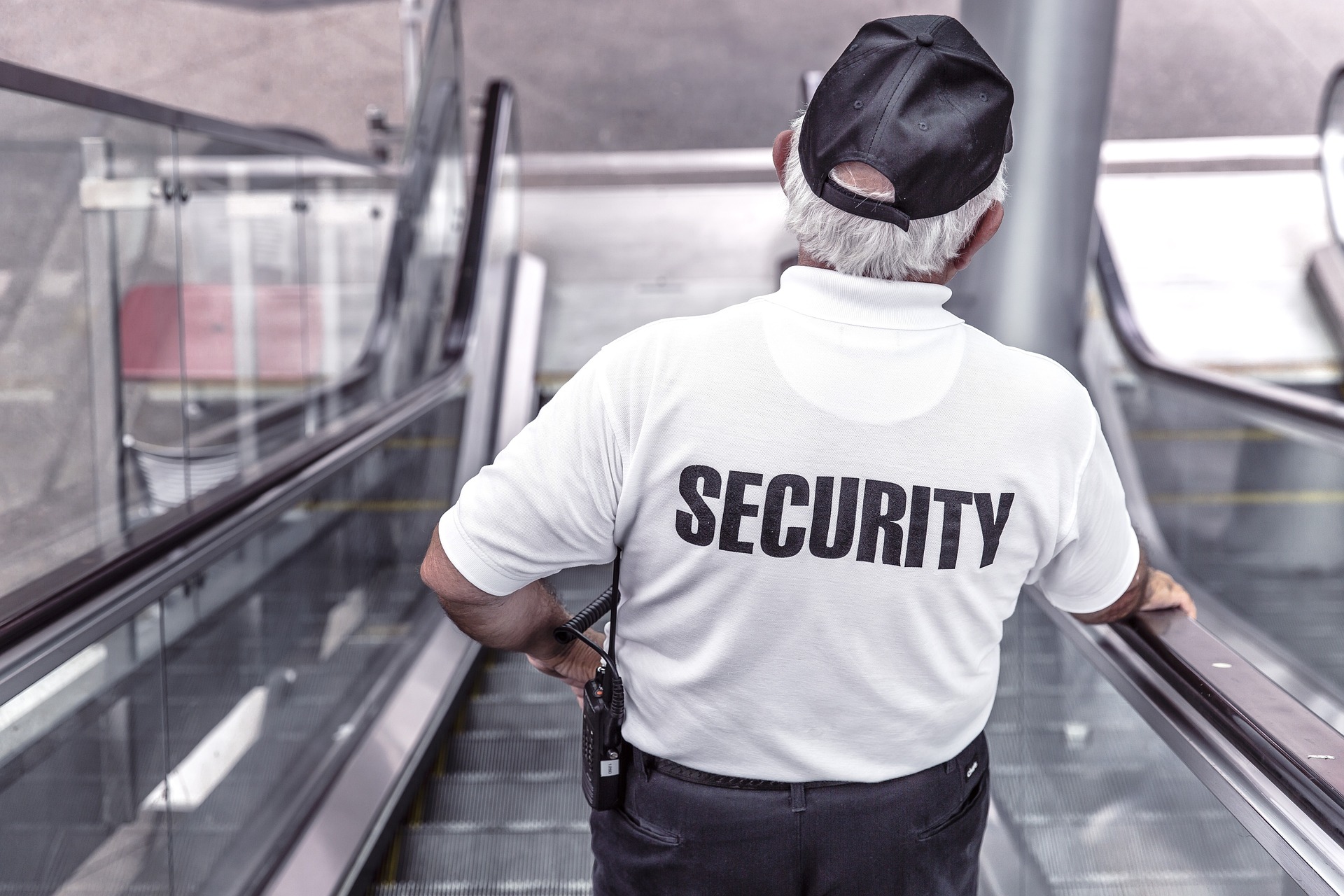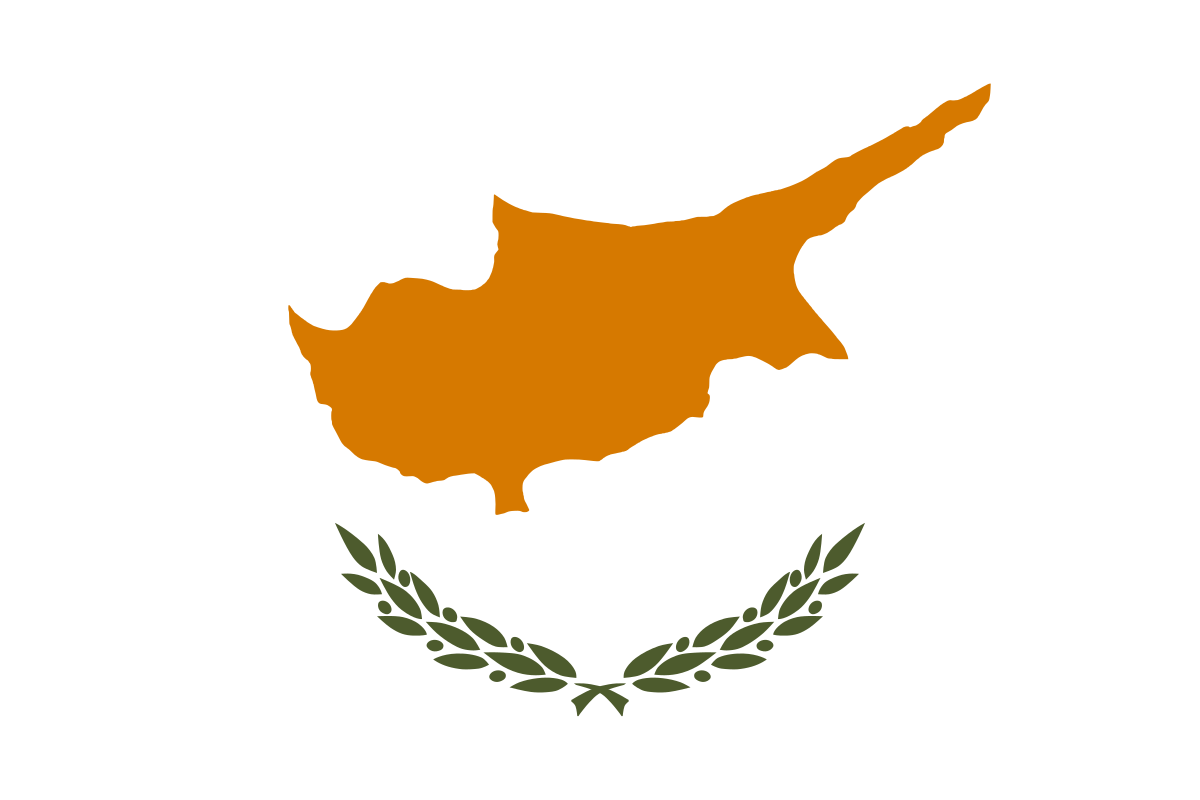Cyprus, with its beautiful beaches, historical sites, and hospitable residents, is one of the most popular tourist destinations in the Mediterranean region. However, before deciding to travel, it is important to know if the place we plan to visit is safe. In this article, we will look at various aspects of safety in Cyprus.
General Safety
Cyprus is considered one of the safest places in Europe. Crime rates are relatively low compared to other European countries. Both personal and property crimes are rare. In larger cities like Nicosia, Limassol, Larnaca, and Paphos, the police regularly patrol the streets, and tourists can feel safe walking around both day and night.
Political Situation and Division of the Island
Cyprus is divided into the Greek-Cypriot and Turkish-Cypriot parts. The division line, known as the “Green Line,” is controlled by UN forces. Despite the division, the larger part of the island, which is a member of the European Union, is stable and safe for tourists. Traveling between the two parts of the island is possible but requires crossing checkpoints.
Natural Hazards
Cyprus is located in a region where earthquakes are possible, though rare and usually minor. The island is also subject to occasional heatwaves in the summer months, which can pose a health risk, especially for the elderly and children. It is recommended to drink plenty of water, avoid the sun during the hottest parts of the day, and use sunscreen.
Road Safety
The road infrastructure in Cyprus is well-developed, and the roads are in good condition. However, it is important to remember that Cyprus has left-hand traffic, which can be challenging for drivers from right-hand traffic countries. Road accidents do occur, but their frequency is not higher than in other European countries. It is important to follow traffic regulations and exercise particular caution, especially on narrow, mountainous roads.
Medical Care and Health
The healthcare system in Cyprus is well-developed, and medical standards are high. In larger cities, there are modern hospitals and clinics, and in smaller towns, there are health centers. Tourists from European Union countries have access to medical care under the same conditions as Cypriot residents, thanks to the European Health Insurance Card (EHIC). However, it is recommended to purchase additional health insurance before traveling.
Terrorist Threats
Cyprus is not considered a high-risk country in terms of terrorist threats. As in any other place, it is advisable to remain vigilant and report any suspicious behavior to the appropriate authorities, but overall, the island is safe and welcoming to tourists.
Practical Tips for Tourists
To ensure a safe and enjoyable stay in Cyprus, it is worth following a few basic rules:
- Avoid carrying large amounts of cash and valuable items – use hotel safes.
- Be cautious in crowded places – like any tourist destination, pickpockets may be present.
- Follow local laws and customs – Cypriots are hospitable, but it is important to respect their culture and traditions.
- Always carry identification documents – they may be required when crossing checkpoints.
Conclusion
Cyprus is one of the safest places in the Mediterranean region. Low crime rates, a stable political situation, and developed infrastructure make tourists feel safe here. However, it is important to take basic precautions and be prepared for potential natural hazards. Enjoy the charms of Cyprus and explore its many attractions without worrying about your safety.



